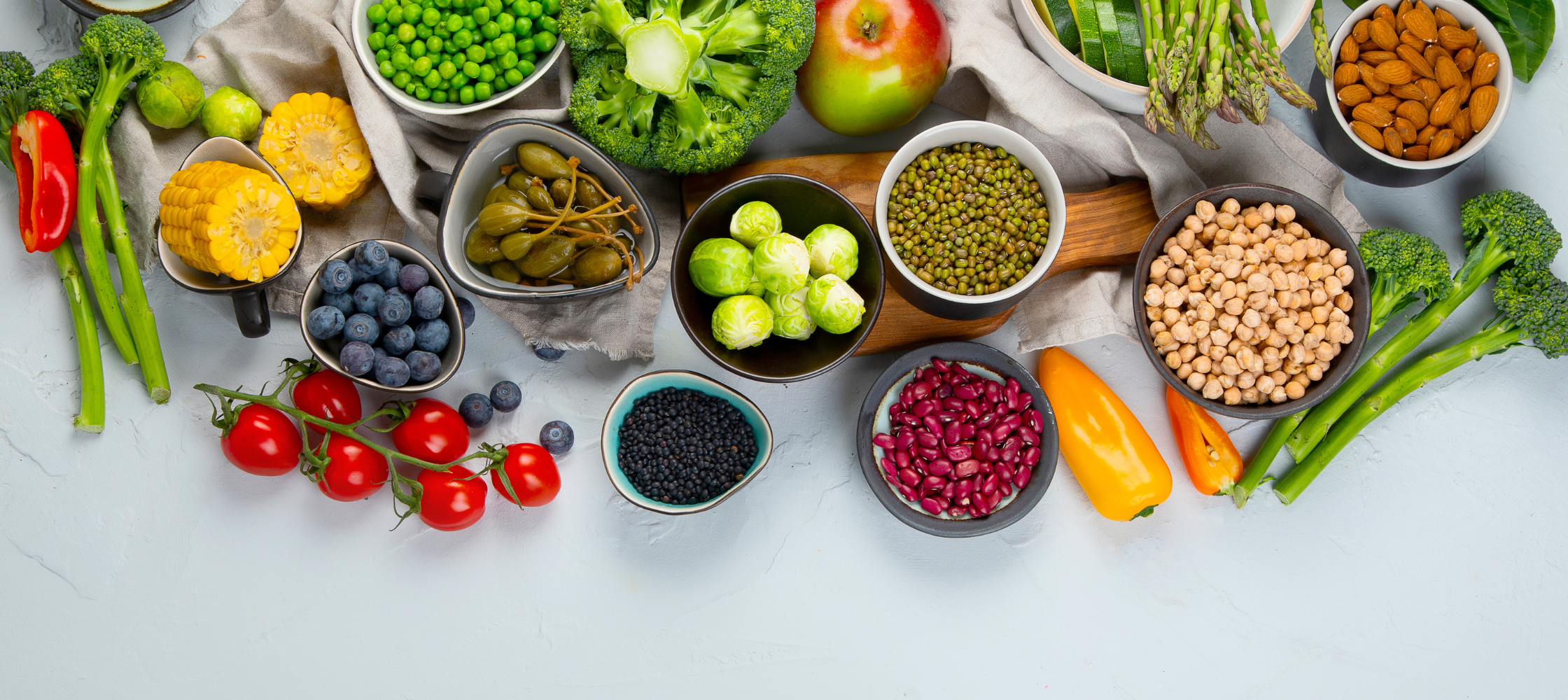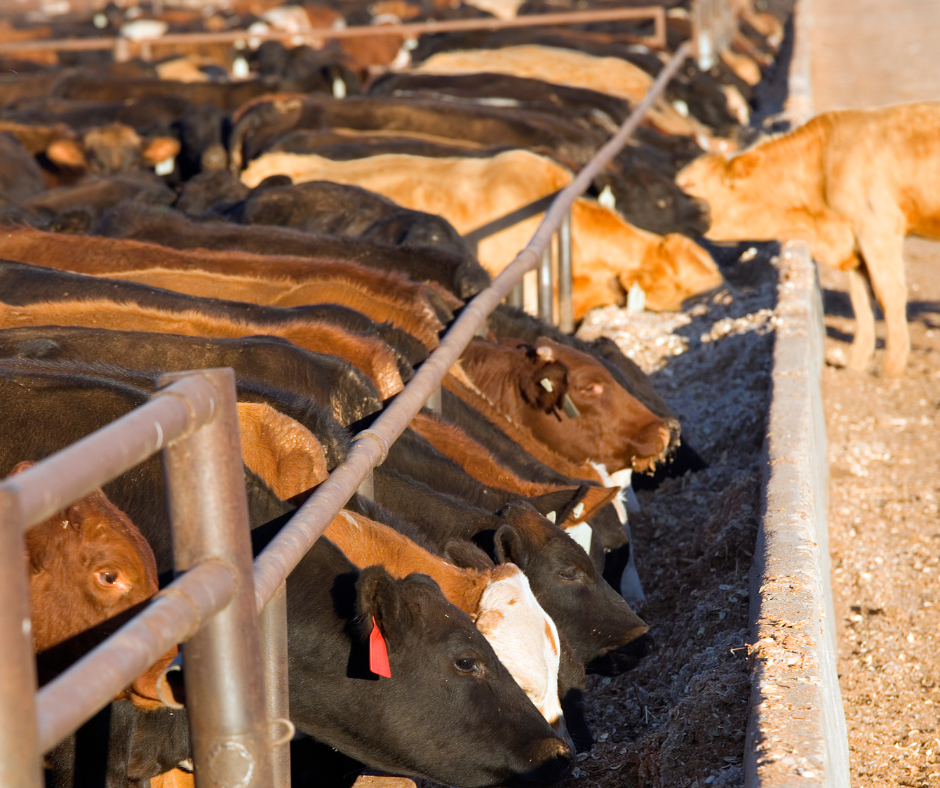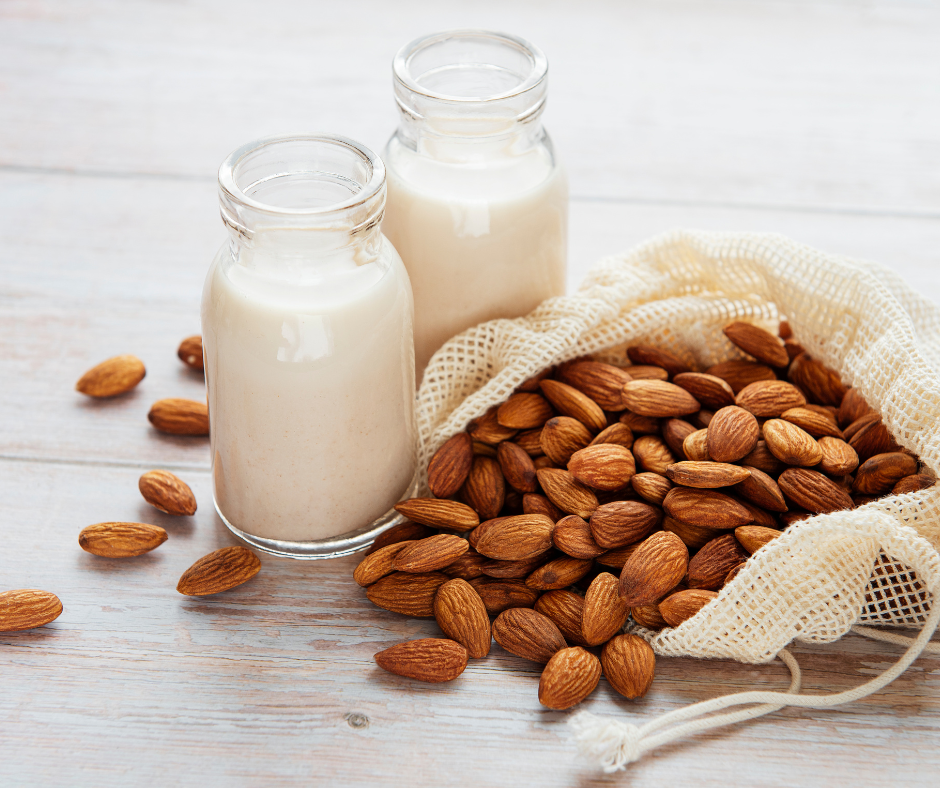
Sustainable Earth Eating Digest – 8-23-23
Posted on August 23, 2023
Study Dispels Myth That Animal Foods are Needed to Meet Global Protein Requirements
A recent study for the T. Colin Campbell Center for Nutrition Studies by Nelson Huber-Disla reports that although we have a bad habit of conflating protein with animal foods, in reality protein deficiency is rare in those eating a calorie-sufficient diet. According to the National Health and Nutrition Examination Survey, the average American adult “has consistently obtained almost 16% of their calories from protein for several decades,” which is nearly twice the required amount to meet or exceed the needs of 97.5% of adults. In addition, a 2019 review using data from the EPIC-Oxford study found that lacto-ovo-vegetarians and vegans consumed significantly more protein than the recommended daily allowance. According to the author, we need to revise our thinking; rather than defending the plant-based diet’s ability to provide adequate protein, we should focus on the unsuitability of animal-based food. “Despite requiring 77% of the currently available agricultural land for its production, livestock only accounts for 37% of the world’s protein supply.”
Top Source of Methane in California is Vast Cattle Feedlot

Non-Dairy Milk Sales Have Grown 49% in Europe in the Last Two Years, With the Greatest Growth in Germany

A study just released by the University of Hohenheim on the acceptance of plant-based milks in six European Union nations shows that the sale of these alternate milks grew 49% between 2020 and 2022. The highest growth was in Germany, due to high levels of awareness of animal welfare, health and the environment.Newsletter written by Jane DeMarines (SEE) and Jerilyn Schweitzer.
